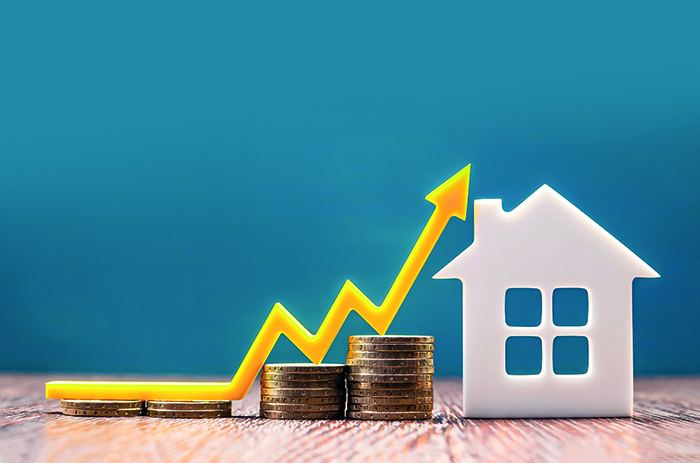
House prices have climbed by an average of 5.4% in the year that followed a general election since the 1980s, eXp UK reveals.
With this data, the platform for personal estate agents suggests that July’s election is unlikely to slow the positive property market momentum that has been building in recent months.
House prices have increased in the year following every general election since 1983 with the exception of 1992 and 2010.
The highest rate of inflation adjusted house price growth followed the general election of 1987, when Margaret Thatcher won her third term as prime minister.
Meanwhile, the lowest rate of positive house price growth following an election came after Theresa May’s election in June 2017.
eXp UK’s latest data shows that whichever party takes power this time around, the market is likely to stand firm.
Following the election of a Conservative prime minister over the last 10 elections, house prices have climbed by 4.6% on average, while this growth climbs to 10.9% in years following the election of a Labour prime minister.
eXp UK head Adam Day comments: “Political uncertainty can be poisonous for the property market and we saw how years of back and forth over Brexit slowly put the market into a state of deepfreeze.”
“However, a general election is unlikely to have the same impact and is often viewed by many as a time of opportunity and change, with historic figures showing that the housing market marches on regardless in the year that follows.”
“While we may see some buyers choose to sit tight in hopes of further housing market incentives, the upcoming election is unlikely to dent the positive momentum that has been building in recent weeks.”



